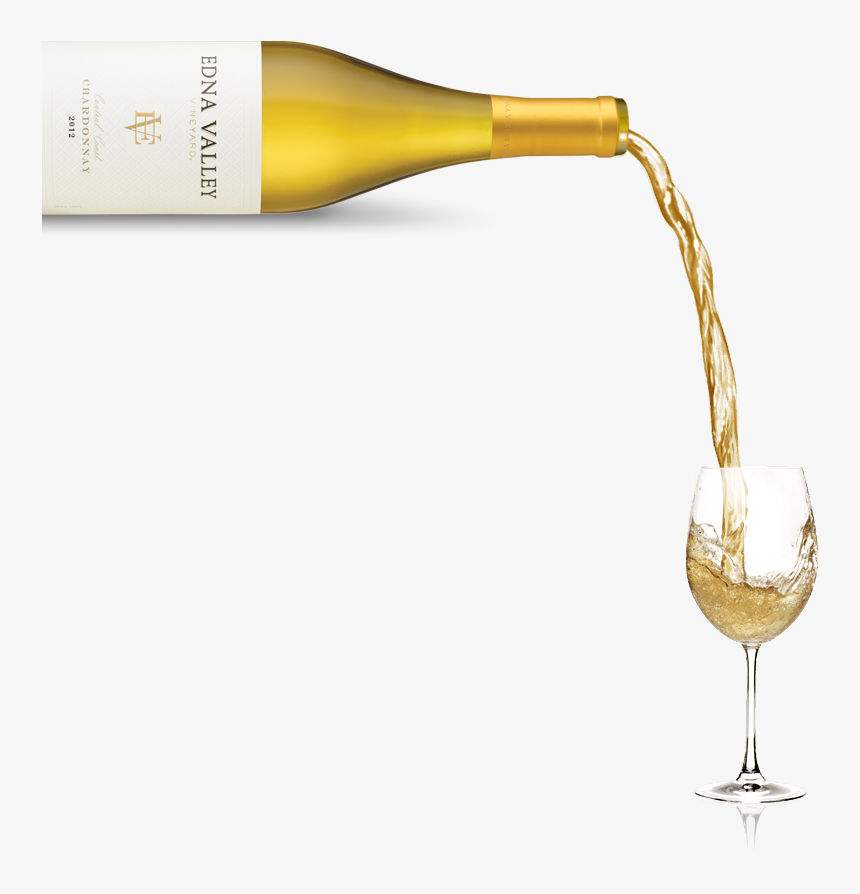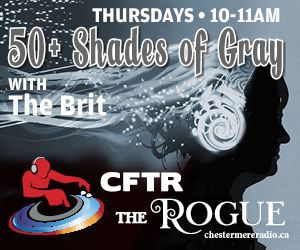As the third wave of the pandemic becomes increasingly apocalyptic, I have remained isolated like a crazed hermit, emerging wild-eyed and unshaven from my cave-like wine cellar only to accept the weekly booze and grocery deliveries.
The most recent delivery included a few bottles of Marselan, which I had to special order to arrive in time for World Marselan Day on April 27. For those not familiar with the varietal, Marselan is a grape created in France in 1961 as a cross between Cabernet Sauvignon and Grenache, and takes its name from the village of Marseillan where it was developed by botanists at the local research institute.
While the Marselan grape is celebrating its 60th birthday this year, it languished in obscurity for the first several decades, finally taking off in popularity near the turn of the millennium.
Faithful readers may recall that Bordeaux is home to some of the snootiest winemakers in the world, who for centuries have proclaimed that for a red wine to bear the Bordeaux label, it may only be made from a very short list of blessed grapes, namely Cab Sauv, Cab Franc, Merlot, Malbec, Carménère, and Petit Verdot.
In a miracle of miracles, the stodgy and tradition-bound regulators recently accepted that climate change was slowly making Bordeaux too hot for its workhorse Merlot grape, and added four new heat-tolerant red grapes to the shortlist of blessed Bordeaux varietals, including Marselan, which was originally crossbred from its parent varietals to thrive in hot climates.
Thanks to the noble pedigree of its parent Cab Sauv and Grenache varietals, consumers look at Marselan with rightfully high expectations, inheriting the sturdy tannic structure Cab Sauv, married with the silky softness of Grenache.
While the grape is still planted sparsely in its native France, it has thrived in the hotter climes of South America, with Brazil, Uruguay, and Argentina all boasting significant plantings, although mostly grown for domestic consumption, making it hard to find here in Alberta. I was lucky that my friendly neighbourhood booze merchant ha a regular clientele that enjoys Marselan, so orders several cases from a Uruguayan winery each year, and always holds back several bottles for customers like yours truly with a regular home delivery order.
Marselan is a hardy and vigorous vine, preferring dry soil and low humidity, and thanks to its Grenache parentage, generates high yields per acre, making it desirable as a blending grape to bulk out less bountiful varietals.
Today, the French plantings of Marselan are mainly in the hotter southern regions near the border with Spain, with the grape popular on both sides of the border. Other hot climates like California and South America also have significant plantings, but perhaps the country most enthusiastic about the Marselan grape is China, thanks to its rapidly growing domestic wine industry.
Marselan was first planted in China in 2001, and the acres under vine have increased every year since then. Similar to Australian Shiraz or Argentine Malbec, Marselan is emerging as what may become China’s own signature grape, as it continues to rack up prestigious awards in the domestic wine industry. Due to the huge domestic market, China exports very little wine, so we are unlikely to see any Marselan from Beijing on the shelves of Alberta booze merchants anytime soon.
My cooking skills have regressed during these trying pandemic times, so I am pairing my wines with whatever surprises appear in the weekly grocery delivery or what I can manage to collect via curbside pickup. As a medium-bodied red wine with aromas of fresh blackberry and ripe fruits on the palate, Marselan pairs well with simple hard cheeses and pasta dishes. I enjoyed it with a delicious pesto linguini from the hardworking folks at Crazy Pasta on the west side of Chestermere, who have made it into my regular curbside pickup rotation.
Marselan is still a rare find here in Alberta, with one option from Uruguay and another from France being all I could find. Luckily, they are both around $28, so reasonably priced enough to be an everyday drinker. If you enjoy the parent varietals of Cab Sauv and Grenache, Marselan will also be an enjoyable wine for you, so keep your eyes peeled at your friendly neighbourhood booze merchant, or ask them to place a special order just for you.







